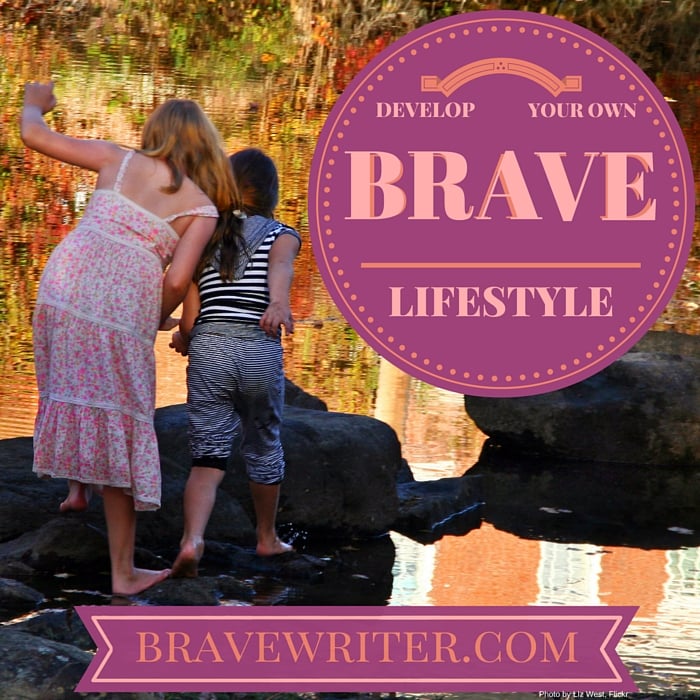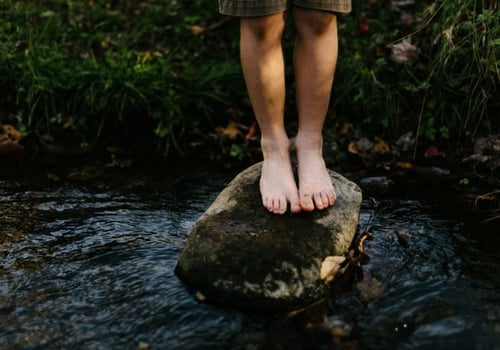What a tough time I had choosing between your poems! We had a wonderful turnout for a first contest: 30 entries!
We’ll be sharing the honorable mentions’ and winners’ poems over the next week on this blog. Today’s blog announces all the winners and posts the Sweepstakes Winner’s poem below. Each category has an honorable mention (runner-up) and a first place winner (who will receive a gift card to Barnes and Noble). We will also feature some of the techniques our entrants used to create their poems so you can test their ideas in your own families.
Gift cards (for first place winners and Sweepstakes) will be sent via email through the parent’s email address.
Thanks for a thoroughly wonderful experience!
Category: 8-9 year olds
-
Honorable Mention: Nate Jula (8 years old) “Gamecube”
First Place: Clair Gunther (8 years old) “Not as Graceful as She Should Be”
Category: 10-11 year olds
-
Honorable Mention: Emily Schollenberger (10 years old) “Bubble Blowing”
First Place: Alice Gunther (11 years old) “Skipping Stone”
Category: 12-14 year olds
-
Honorable Mention: Laura Yokell (13 years old) “The Motion Ride”
First Place: Cassandra Dilley (13 years old) “The Puppy and His Ball”
Category: 15-18 year olds
-
Honorable Mention: Mariah Keeper (15 years old) “The Deer”
First Place: Sean Malone (17 years old) “Skiing”
Sweepstakes Winner: Javier Fernandez-Han
(11 years old)
“The Samurai—version 2”
“Hi-ya, Moo-ya, Foo-ya, Whee
I will beat you… one… two… three!
You can’t defeat me, Ha Ha Ha!
Hi-ya Woo-yah,” yelled Moo Tsa
Swords slashing, crashing, swinging
Arms slicing, jabbing, flinging
Blades shining, shimmering, flashing
Legs hopping, jumping, dashing!
I enjoyed Javier’s poem especially because it was such a vivid depiction of a battle, including the exuberant shouts of the Samurai! I laughed every time I read it. That wonderful series of “ing” words just makes you want to jump out of your seat and start swinging a sword! He does a great job of paralell structure in the last stanza where each line alternates between the sword and the fighter’s body parts. If you slap your hand on your leg as you say the poem, you can feel his accurate use of meter/rhythm too.
Congratulations Javier and thanks for sharing your poem writing talent with us!
–Julie Bogart, Brave Writer



















